The US Department of Justice announced on Monday that Michael Alan Stollery, the CEO and Founder of the $21 million initial coin offering (ICO) scam of Titanium Blockchain Infrastructure Services pled guilty to his crime.
He pled guilty to one count of securities fraud and is now facing jail time of up to 20 years. His sentencing has been scheduled for November 18 at a federal district court.
The Titanium ICO defrauded investors in both the United States and overseas until the SEC stopped the offering with a court order in May 2018.
The 54-year-old admitted that he touted the cryptocurrency project to be an investment opportunity to lure investors through false and misleading statements. The authority highlighted that Titanium ICO neither had any authorization from the Securities and Exchange Commission (SEC Securities and Exchange Commission (SEC) The Securities and Exchange Commission (SEC) is one of the most widely known independent authorities in the United States. The SEC has a wide range of responsibilities, helping police markets and curbing against abuse. This includes enforcing federal securities laws, proposing securities rules, and regulating the US’ stock and options exchanges.As one of the paramount regulatory authorities in the US, the SEC is responsible for the oversight of public companies in the aforementioned segments.What Does the SEC Do?In order to achieve its obligations, the SEC enforces statutory requirements that public companies and other regulated companies submit quarterly and annual reports.Such reports are instrumental in unearthing or bringing to light any market abuse or improper action, ensuring a high degree of compliance out of market participants.These reports are also essential in maintaining the transparency of equity markets, namely private companies.Quarterly and semiannual reports from public companies are important for investors to make sound decisions when investing in the capital markets. Investment in the capital markets is not guaranteed by the federal government with such safeguards put in place to add a layer of compliance for example.The SEC is composed of five divisions: Corporate Finance, Trading and Markets, Investment Management, Enforcement, and Economic and Risk Analysis.With 11 regional offices in the US, the SEC helps police markets nationwide. In recent years the agency has also relied on additional forces for assistance as well, with the installment of the SEC Office of the Whistleblower.Founded in 2010, the SEC Whistleblower program has since awarded over $400 million to whistleblowers. The Securities and Exchange Commission (SEC) is one of the most widely known independent authorities in the United States. The SEC has a wide range of responsibilities, helping police markets and curbing against abuse. This includes enforcing federal securities laws, proposing securities rules, and regulating the US’ stock and options exchanges.As one of the paramount regulatory authorities in the US, the SEC is responsible for the oversight of public companies in the aforementioned segments.What Does the SEC Do?In order to achieve its obligations, the SEC enforces statutory requirements that public companies and other regulated companies submit quarterly and annual reports.Such reports are instrumental in unearthing or bringing to light any market abuse or improper action, ensuring a high degree of compliance out of market participants.These reports are also essential in maintaining the transparency of equity markets, namely private companies.Quarterly and semiannual reports from public companies are important for investors to make sound decisions when investing in the capital markets. Investment in the capital markets is not guaranteed by the federal government with such safeguards put in place to add a layer of compliance for example.The SEC is composed of five divisions: Corporate Finance, Trading and Markets, Investment Management, Enforcement, and Economic and Risk Analysis.With 11 regional offices in the US, the SEC helps police markets nationwide. In recent years the agency has also relied on additional forces for assistance as well, with the installment of the SEC Office of the Whistleblower.Founded in 2010, the SEC Whistleblower program has since awarded over $400 million to whistleblowers. Read this Term) nor had any exemption to offer such investments, thus violating the country’s securities law.
Stollery further admitted that he falsified the aspects of Titanium ICO’s whitepaper Whitepaper A whitepaper is defined as a pitch or persuasive, authoritative, and often in-depth report on a specific topic that presents a problem along with a respective solution. Marketers rely on whitepapers for a variety of reasons, most simply to educate an audience about a particular issue or to promote a particular methodology. In the cryptocurrency world, a whitepaper is a document that should contain all of the information about the technology that was used to build a cryptocurrency network, and how the network will be used, and for what purpose. Some whitepapers may also contain information about the business plan behind the cryptocurrencies and the organization that created it. Whitepapers as a Component of ICOsToday associated almost exclusively with Initial Coin Offerings (ICOs), these documents actually seek to provide a roadmap for a business plan for the company. This can include information for potential investors about specific product, structure, mission, benefits, team, roadmap, future plans, etc. These documents proved essential to the rise of ICOs.Whitepapers today receive a generally negative connotation for this reason, given the amount of speculative and ultimately unsuccessful ICOs promoted via whitepapers.A troubling number of whitepapers severely lacked vital or in many cases accurate information. This proved one of the foundational elements of the ICO craze which consequently reached its apex in 2017.Most whitepapers delved into specific details for investors in ways that normal marketing channels could not readily transmit.In this sense, whitepapers were very effective in providing detailed information on products, security protocols, methodology, target users, and team members. Despite the propensity for scams or high failure rate, there have been several successful ICOs. This includes Ethereum, NEO, Spectrecoin, and others. A whitepaper is defined as a pitch or persuasive, authoritative, and often in-depth report on a specific topic that presents a problem along with a respective solution. Marketers rely on whitepapers for a variety of reasons, most simply to educate an audience about a particular issue or to promote a particular methodology. In the cryptocurrency world, a whitepaper is a document that should contain all of the information about the technology that was used to build a cryptocurrency network, and how the network will be used, and for what purpose. Some whitepapers may also contain information about the business plan behind the cryptocurrencies and the organization that created it. Whitepapers as a Component of ICOsToday associated almost exclusively with Initial Coin Offerings (ICOs), these documents actually seek to provide a roadmap for a business plan for the company. This can include information for potential investors about specific product, structure, mission, benefits, team, roadmap, future plans, etc. These documents proved essential to the rise of ICOs.Whitepapers today receive a generally negative connotation for this reason, given the amount of speculative and ultimately unsuccessful ICOs promoted via whitepapers.A troubling number of whitepapers severely lacked vital or in many cases accurate information. This proved one of the foundational elements of the ICO craze which consequently reached its apex in 2017.Most whitepapers delved into specific details for investors in ways that normal marketing channels could not readily transmit.In this sense, whitepapers were very effective in providing detailed information on products, security protocols, methodology, target users, and team members. Despite the propensity for scams or high failure rate, there have been several successful ICOs. This includes Ethereum, NEO, Spectrecoin, and others. Read this Term. He even added fake client testimonials on Titanium’s website. The project even claimed that it had inked deals with big names like PayPal, Boeing and Walt Disney.
But that was not all. Stollery even falsely claimed that he had a business relationship with the Federal Reserve.
Moreover, his guilty plea includes admission to the misappropriation of customer funds. He spent a portion of the ICO proceeds on credit card payments and even paying bills for his Hawaii condominium.
The ICO Bust
The ICO market peaked in 2017 but now has almost vanished. Fraudsters used the market hype to lure investors toward scams. The SEC has busted dozens of fake ICO and cryptocurrency projects. Many were outright scams, while several violated US securities law.
Meanwhile, the SEC is engaged in a legal battle with the blockchain company, Ripple. The regulator alleged that the blockchain-based payments firm raised $1.2 billion with its XRP token, which falls under the category of securities.
The US Department of Justice announced on Monday that Michael Alan Stollery, the CEO and Founder of the $21 million initial coin offering (ICO) scam of Titanium Blockchain Infrastructure Services pled guilty to his crime.
He pled guilty to one count of securities fraud and is now facing jail time of up to 20 years. His sentencing has been scheduled for November 18 at a federal district court.
The Titanium ICO defrauded investors in both the United States and overseas until the SEC stopped the offering with a court order in May 2018.
The 54-year-old admitted that he touted the cryptocurrency project to be an investment opportunity to lure investors through false and misleading statements. The authority highlighted that Titanium ICO neither had any authorization from the Securities and Exchange Commission (SEC Securities and Exchange Commission (SEC) The Securities and Exchange Commission (SEC) is one of the most widely known independent authorities in the United States. The SEC has a wide range of responsibilities, helping police markets and curbing against abuse. This includes enforcing federal securities laws, proposing securities rules, and regulating the US’ stock and options exchanges.As one of the paramount regulatory authorities in the US, the SEC is responsible for the oversight of public companies in the aforementioned segments.What Does the SEC Do?In order to achieve its obligations, the SEC enforces statutory requirements that public companies and other regulated companies submit quarterly and annual reports.Such reports are instrumental in unearthing or bringing to light any market abuse or improper action, ensuring a high degree of compliance out of market participants.These reports are also essential in maintaining the transparency of equity markets, namely private companies.Quarterly and semiannual reports from public companies are important for investors to make sound decisions when investing in the capital markets. Investment in the capital markets is not guaranteed by the federal government with such safeguards put in place to add a layer of compliance for example.The SEC is composed of five divisions: Corporate Finance, Trading and Markets, Investment Management, Enforcement, and Economic and Risk Analysis.With 11 regional offices in the US, the SEC helps police markets nationwide. In recent years the agency has also relied on additional forces for assistance as well, with the installment of the SEC Office of the Whistleblower.Founded in 2010, the SEC Whistleblower program has since awarded over $400 million to whistleblowers. The Securities and Exchange Commission (SEC) is one of the most widely known independent authorities in the United States. The SEC has a wide range of responsibilities, helping police markets and curbing against abuse. This includes enforcing federal securities laws, proposing securities rules, and regulating the US’ stock and options exchanges.As one of the paramount regulatory authorities in the US, the SEC is responsible for the oversight of public companies in the aforementioned segments.What Does the SEC Do?In order to achieve its obligations, the SEC enforces statutory requirements that public companies and other regulated companies submit quarterly and annual reports.Such reports are instrumental in unearthing or bringing to light any market abuse or improper action, ensuring a high degree of compliance out of market participants.These reports are also essential in maintaining the transparency of equity markets, namely private companies.Quarterly and semiannual reports from public companies are important for investors to make sound decisions when investing in the capital markets. Investment in the capital markets is not guaranteed by the federal government with such safeguards put in place to add a layer of compliance for example.The SEC is composed of five divisions: Corporate Finance, Trading and Markets, Investment Management, Enforcement, and Economic and Risk Analysis.With 11 regional offices in the US, the SEC helps police markets nationwide. In recent years the agency has also relied on additional forces for assistance as well, with the installment of the SEC Office of the Whistleblower.Founded in 2010, the SEC Whistleblower program has since awarded over $400 million to whistleblowers. Read this Term) nor had any exemption to offer such investments, thus violating the country’s securities law.
Stollery further admitted that he falsified the aspects of Titanium ICO’s whitepaper Whitepaper A whitepaper is defined as a pitch or persuasive, authoritative, and often in-depth report on a specific topic that presents a problem along with a respective solution. Marketers rely on whitepapers for a variety of reasons, most simply to educate an audience about a particular issue or to promote a particular methodology. In the cryptocurrency world, a whitepaper is a document that should contain all of the information about the technology that was used to build a cryptocurrency network, and how the network will be used, and for what purpose. Some whitepapers may also contain information about the business plan behind the cryptocurrencies and the organization that created it. Whitepapers as a Component of ICOsToday associated almost exclusively with Initial Coin Offerings (ICOs), these documents actually seek to provide a roadmap for a business plan for the company. This can include information for potential investors about specific product, structure, mission, benefits, team, roadmap, future plans, etc. These documents proved essential to the rise of ICOs.Whitepapers today receive a generally negative connotation for this reason, given the amount of speculative and ultimately unsuccessful ICOs promoted via whitepapers.A troubling number of whitepapers severely lacked vital or in many cases accurate information. This proved one of the foundational elements of the ICO craze which consequently reached its apex in 2017.Most whitepapers delved into specific details for investors in ways that normal marketing channels could not readily transmit.In this sense, whitepapers were very effective in providing detailed information on products, security protocols, methodology, target users, and team members. Despite the propensity for scams or high failure rate, there have been several successful ICOs. This includes Ethereum, NEO, Spectrecoin, and others. A whitepaper is defined as a pitch or persuasive, authoritative, and often in-depth report on a specific topic that presents a problem along with a respective solution. Marketers rely on whitepapers for a variety of reasons, most simply to educate an audience about a particular issue or to promote a particular methodology. In the cryptocurrency world, a whitepaper is a document that should contain all of the information about the technology that was used to build a cryptocurrency network, and how the network will be used, and for what purpose. Some whitepapers may also contain information about the business plan behind the cryptocurrencies and the organization that created it. Whitepapers as a Component of ICOsToday associated almost exclusively with Initial Coin Offerings (ICOs), these documents actually seek to provide a roadmap for a business plan for the company. This can include information for potential investors about specific product, structure, mission, benefits, team, roadmap, future plans, etc. These documents proved essential to the rise of ICOs.Whitepapers today receive a generally negative connotation for this reason, given the amount of speculative and ultimately unsuccessful ICOs promoted via whitepapers.A troubling number of whitepapers severely lacked vital or in many cases accurate information. This proved one of the foundational elements of the ICO craze which consequently reached its apex in 2017.Most whitepapers delved into specific details for investors in ways that normal marketing channels could not readily transmit.In this sense, whitepapers were very effective in providing detailed information on products, security protocols, methodology, target users, and team members. Despite the propensity for scams or high failure rate, there have been several successful ICOs. This includes Ethereum, NEO, Spectrecoin, and others. Read this Term. He even added fake client testimonials on Titanium’s website. The project even claimed that it had inked deals with big names like PayPal, Boeing and Walt Disney.
But that was not all. Stollery even falsely claimed that he had a business relationship with the Federal Reserve.
Moreover, his guilty plea includes admission to the misappropriation of customer funds. He spent a portion of the ICO proceeds on credit card payments and even paying bills for his Hawaii condominium.
The ICO Bust
The ICO market peaked in 2017 but now has almost vanished. Fraudsters used the market hype to lure investors toward scams. The SEC has busted dozens of fake ICO and cryptocurrency projects. Many were outright scams, while several violated US securities law.
Meanwhile, the SEC is engaged in a legal battle with the blockchain company, Ripple. The regulator alleged that the blockchain-based payments firm raised $1.2 billion with its XRP token, which falls under the category of securities.
ADVERTISEMENT

You can get bonuses upto $100 FREE BONUS when you:
💰 Install these recommended apps:
💲 SocialGood - 100% Crypto Back on Everyday Shopping
💲 xPortal - The DeFi For The Next Billion
💲 CryptoTab Browser - Lightweight, fast, and ready to mine!
💰 Register on these recommended exchanges:
🟡 Binance🟡 Bitfinex🟡 Bitmart🟡 Bittrex🟡 Bitget
🟡 CoinEx🟡 Crypto.com🟡 Gate.io🟡 Huobi🟡 Kucoin.


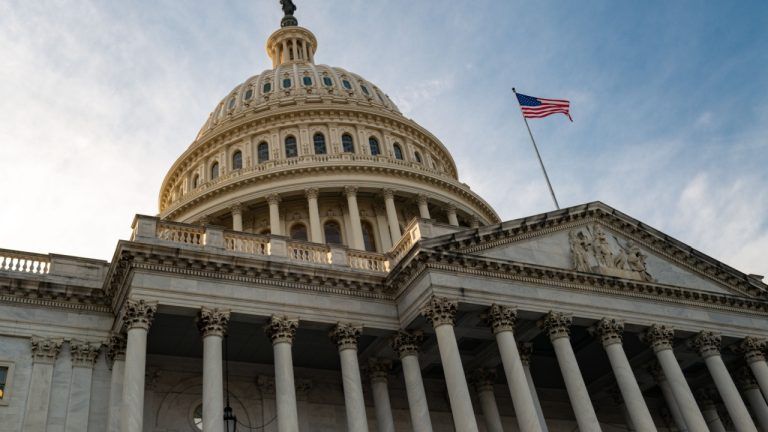



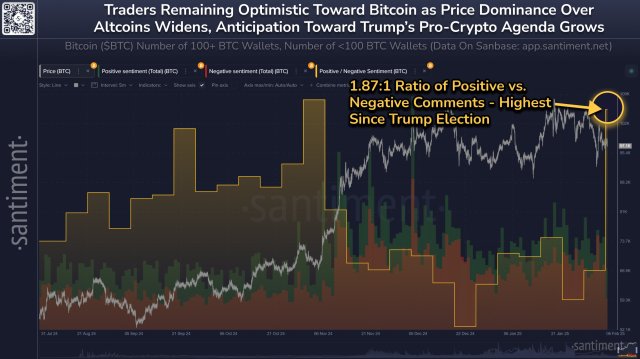

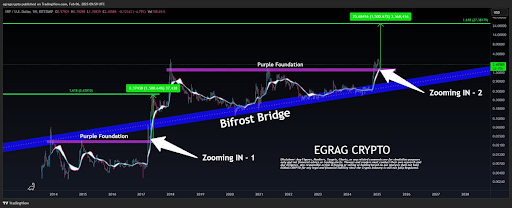

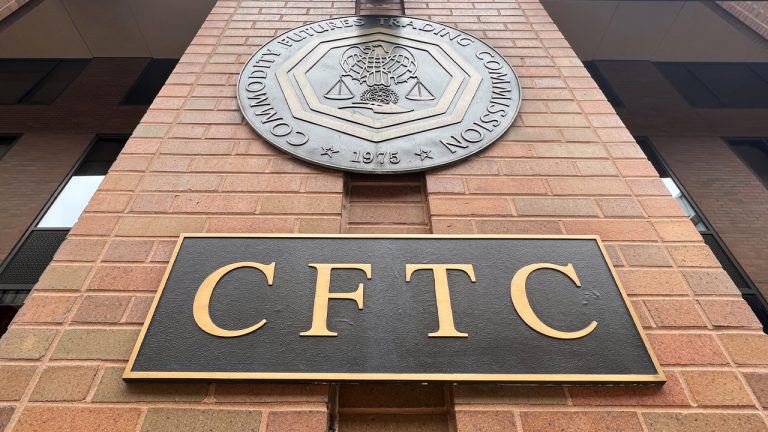

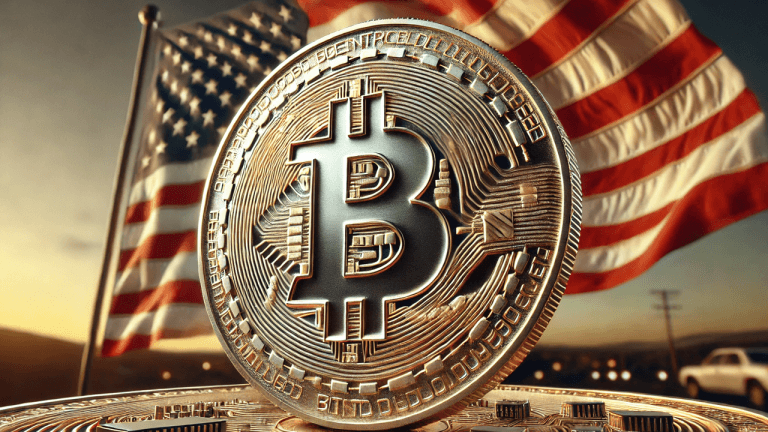

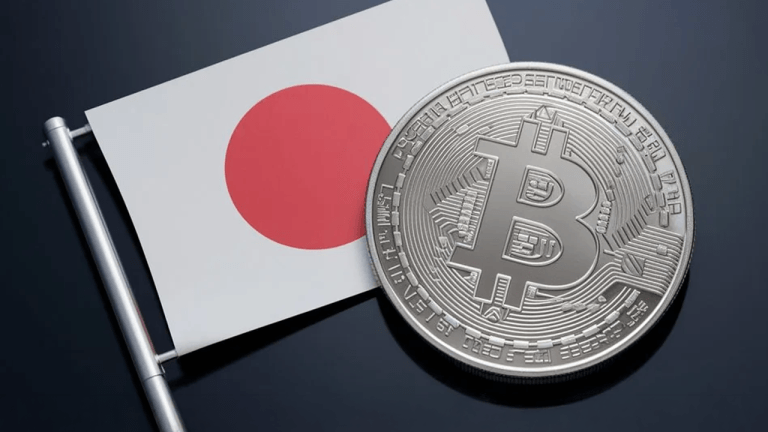

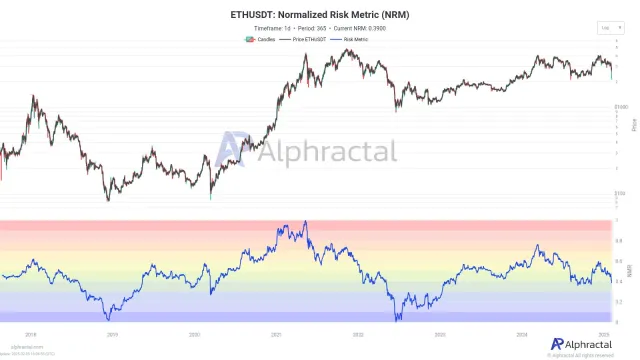
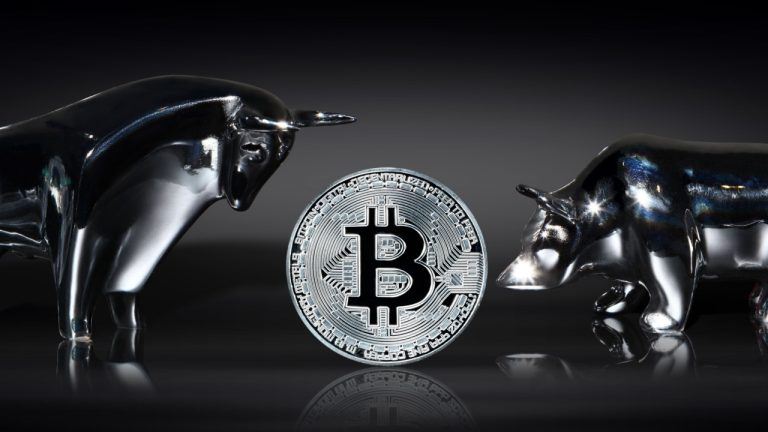
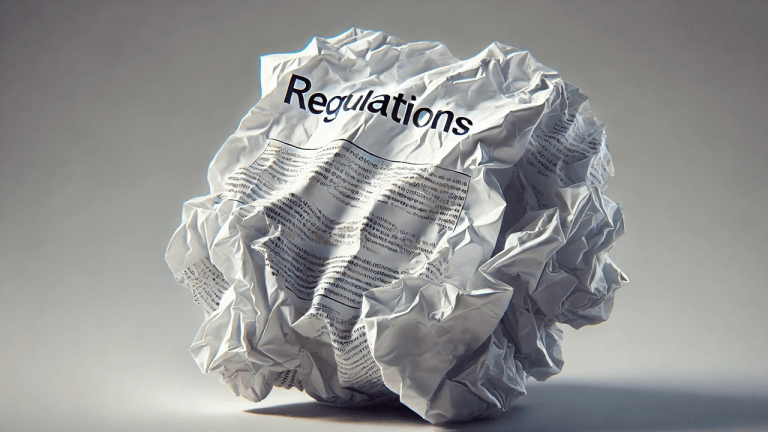


Comments